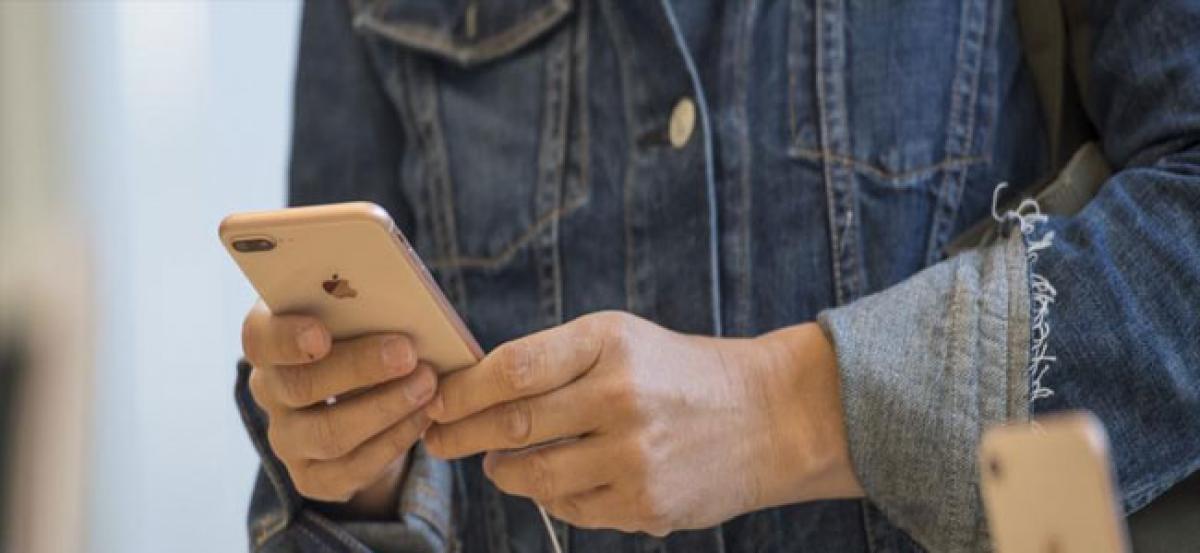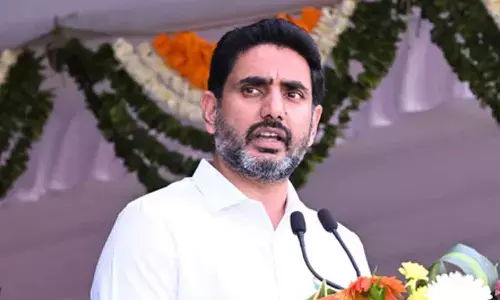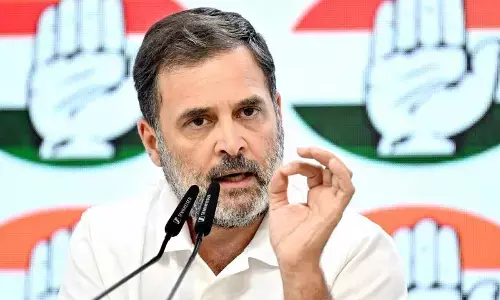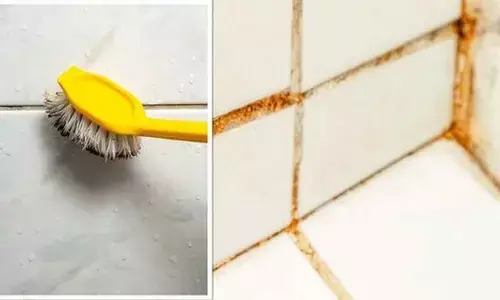Some Android apps are secretly taking screenshots of your activity: Report

Some popular smartphone apps may be secretly taking screenshots of your activity and sending them to third parties, a study has found
Some popular smartphone apps may be secretly taking screenshots of activity and sending them to third parties, a study has found. These screenshots — and videos of activity on the screen — could include usernames, passwords, credit card numbers, and other important personal information.
Some popular smartphone apps may be secretly taking screenshots of your activity and sending them to third parties, a study has found.
This is particularly disturbing because these screenshots — and videos of your activity on the screen — could include usernames, passwords, credit card numbers, and other important personal information, researchers said.
“We found that thousands of popular apps have the ability to record your screen and anything you type,” said David Choffnes, a professor at Northeastern University in the US.
“That includes your username and password, because it can record the characters you type before they turn into those little black dots,” said Choffnes.
The study was designed to investigate a persistent urban legend that phones are secretly recording our conversations and then selling that information to companies so they can pepper you with targeted advertisements.
While the researchers found no evidence of recorded conversations, they discovered activity that could be even more dangerous. “We knew we were looking for a needle in a haystack, and we were surprised to find several needles,” said Choffnes.
What they found is that some companies were sending screenshots and videos of user phone activities to third parties. Although these privacy breaches appeared to be benign, they emphasised how easily a phone’s privacy window could be exploited for profit.
“This opening will almost certainly be used for malicious purposes,” said Christo Wilson, a professor at Northeastern. “It’s simple to install and collect this information. And what’s most disturbing is that this occurs with no notification to or permission by users.”
“In the case we caught, the information sent to a third party was zip codes, but it could just as easily have been credit card numbers,” he said.
The researchers analysed over 17,000 of the most popular apps on the Android operating system, using an automated test programme written by the students. Although the study was conducted on Android phones, researchers said there is no reason to believe that other phone operating systems would be less vulnerable.
In all, 9,000 of the 17,000 apps had the potential to take screenshots. “In one case, the app took video of the screen activity and sent that information to a third party,” said Wilson.
That app was GoPuff, a fast-food delivery service, which sent the screenshots to Appsee, a data analytics firm for mobile devices. All this was done without the awareness of app users.
Researchers emphasised that neither company appeared to have any nefarious intent. They said that web developers commonly use this type of information to debug their apps and improve the user experience.
However, that does not mean a malicious company could not use this privacy window to steal personal information for profit. “That has the potential to be much worse than having the camera taking pictures of the ceiling or the microphone recording pointless conversations. There is no easy way to close this privacy opening,” said Choffnes.














